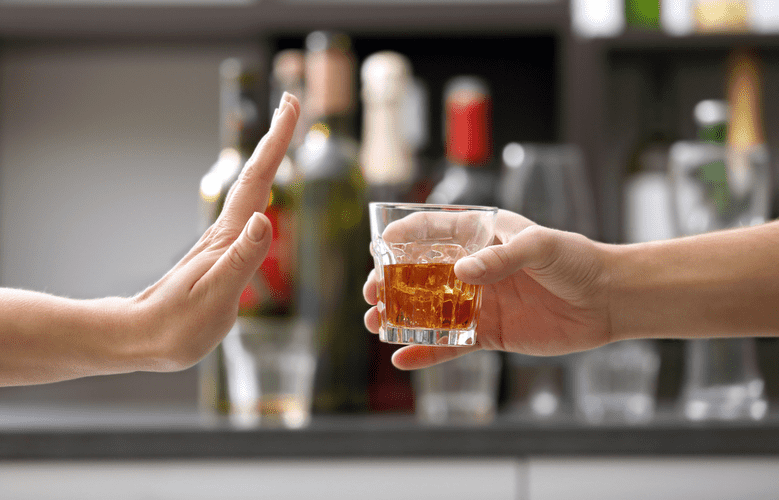
Content
The transition back to life outside of rehab is fraught with the potential for relapse. Aftercare resources such as 12-step groups, sober living homes and support for family and friends promote a life rich with rewarding relationships and meaning. A person who misuses alcohol will feel like they are not able to function in their daily life without the use of alcohol.
You are attending alcoholics anonymous and other 12-step meetings regularly. You stay away from drugs and alcohol and avoid triggering situations. Relapsing after a period of sobriety can be incredibly discouraging.
Ask for help from trusted family members and friends to give you the support you need to prevent any future relapse. If you find yourself having relapsed, it is crucial to first accept that the relapse happened and then to find a way forward. Let go of guilt and shame surrounding the slip and create a strategy for avoiding relapsing again.
These vignettes provide anecdotal evidence; research is needed to address the question of whether craving and stress-related arousal are predictive of relapse outcomes and whether stress causes relapse. The main article addresses each of these questions to elucidate how stress increases the risk of alcohol relapse. The issues of recidivism and disease recurrence remain a concern in LT for alcoholic liver disease. Alcohol relapse negatively impacts outcomes including graft rejection and graft loss from poor medical compliance, post-transplant malignancy, cardiovascular diseases, alcoholic cirrhosis, and decreased long-term survival . An abstinence period of at least 6 months before LT is a mandatory selection criterion in most liver transplant centers, but the benefit of such pre-transplant 6 month abstinence remains unclear . Furthermore, there are subsequent reports indicating that an abstinence period of 6 months is not a significant predictive factor for recidivism .
Certain thoughts, feelings, and events may trigger cravings and urges for drugs and alcohol, and, if not properly dealt with, may increase your chances of relapsing. The patient vignettes are descriptions provided by patients currently in treatment and refer to previous experiences and episodes of alcohol use and relapse. Triggers are stimuli that cause you to crave alcohol or drugs, potentially leading to relapse. They can https://ecosoberhouse.com/ include anything from being around people who abuse alcohol, places that bring back memories of drinking, stressful situations, or even certain foods. Our bodies and brains are wired to repeat activities that we find pleasurable. After years of repeating a behavior over and over again – a behavior that triggers the “feel food” signals in our brain – it is very likely for us to fall back into that pattern at some point.
Additionally, relationships (even long-term relationships that existed prior to recovery) can trigger unpleasant and unwanted emotions that a newly sober individual may not know how to cope with. Furhtermore, individuals who are newly sober may never have had sober sex, and therefore sexual experiences in recovery can be very triggering.
To get back on track after an addiction relapse, go easy on yourself. Remember that long-term sobriety is a process and not an end goal. Every long-term process will have setbacks along the way. PsychiatryOnline subscription options offer access to the DSM-5 library, books, journals, CME, and patient resources.

If you keep these thoughts to yourself, you are in danger of physical relapse. A mental relapse Alcohol Relapse is when you start thinking about using or going back to your addictive behaviors.